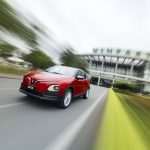On July 9, 2024, Honda announced plans to cease automobile assembly at its Ayutthaya plant in Thailand. Subsequently, Honda Thailand will consolidate all its vehicle assembly lines into the already expanded Prachin Buri plant to enhance competitiveness in the electric vehicle sector.
This move aims to address excess capacity and refocus resources on vehicle electrification as battery-powered electric cars gain popularity in Thailand. It is also a market where Chinese automakers are rapidly gaining a foothold.
Honda’s two plants in Thailand have a combined annual capacity of 270,000 vehicles. However, in 2023, Honda produced only about 150,000 vehicles at these two plants.
The vehicle assembly line at the Ayutthaya plant will be discontinued from 2025 onwards. The plant will be re-equipped for the production of auto parts.
The Prachin Buri plant was built after Honda’s Ayutthaya plant was flooded in 2011. Honda currently manufactures the Civic, Accord, CR-V, HR-V, and City models at these two plants. Most of these models are available in both gasoline and hybrid versions.
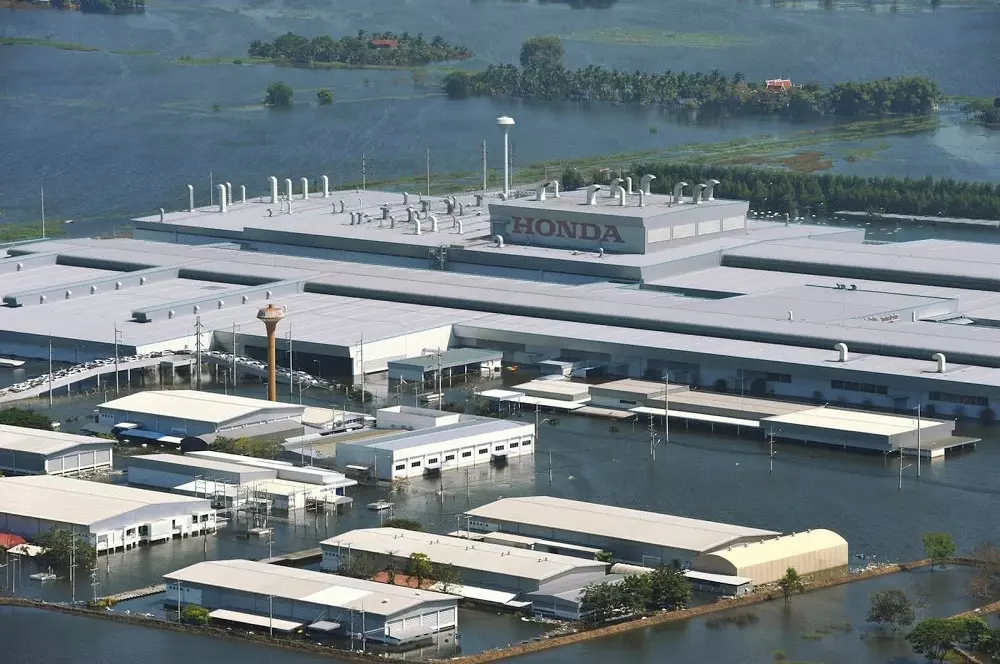
Honda’s Ayutthaya plant was flooded in 2011.
A Honda spokesperson stated that the company and its Japanese rivals are facing competition from Chinese electric vehicle manufacturers like BYD. The decision is also influenced by the decline in exports from Thailand to India.
“We’ve noticed that the growth of Thailand’s auto market hasn’t met our expectations,” said the Honda spokesperson. “We want to focus more on electrified vehicles, including electric and hybrid cars, and make the production process more efficient.”
The Federation of Thai Industries (FTI) stated that Honda declared it would maintain its current production volume despite intensifying competition amidst Thailand’s sluggish economy.
“Chinese automakers are transforming the global automotive industry, forcing Japanese carmakers to respond competitively,” said Mr. Surapong Paisitpatanapong, FTI’s vice president and spokesperson for the Auto Industry Club.
Honda aims to improve the production efficiency of its hybrid models named “e:HEV.” These vehicles combine an electric motor powered by a lithium-ion battery and a gasoline engine that functions as a generator.
Honda expects revenue from e:HEV sales to account for 70% of its total revenue this year, a significant increase from 32% in 2022. In 2021, Honda Thailand announced its intention to focus on hybrid and electric vehicle production, aligning with the strategy of its parent company in Japan. The Thai government also aims for electric vehicles to comprise 30% of total vehicle production in the country by 2030.
Last week, Chinese automaker BYD inaugurated its electric car factory in Thailand. This is part of a wave of investments totaling over $1.44 billion by Chinese electric vehicle manufacturers in Thailand. BYD and other Chinese automakers are constructing numerous factories in this Southeast Asian nation.
Honda is not the first Japanese automaker to announce a strategic shift in the Thai market recently. Both Subaru and Suzuki have previously announced they would cease vehicle production in Thailand. Subaru’s Thai plant will close after 2024, while Suzuki’s will halt operations by the end of 2025.
These moves by Japanese automakers could impact the automotive landscape in Vietnam, as many Honda, Subaru, and Suzuki models currently imported into Vietnam originate from Thailand.

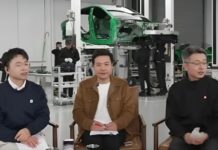

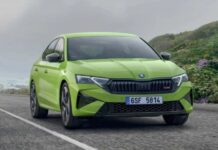





















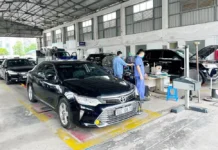
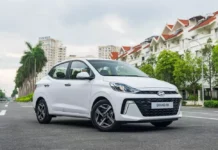

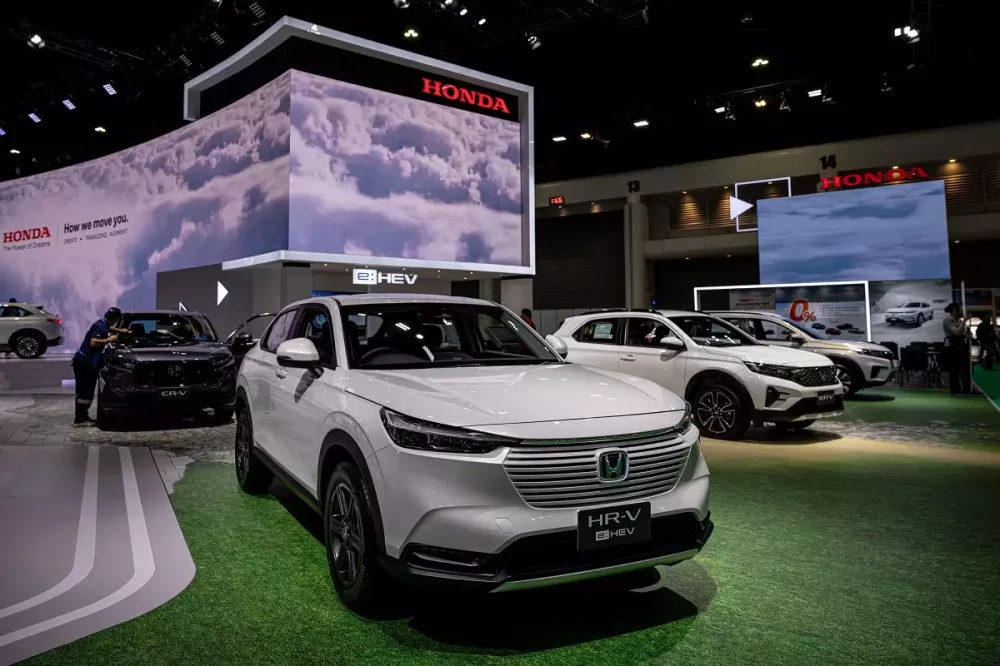
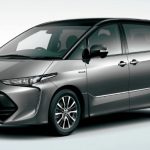
![[Quick Review] Hyundai IONIQ 5 – A Vehicle from the Future](https://vnauto.net/wp-content/uploads/2023/10/xehay-hyundaiioniq5-18052022-2-150x150.jpg)


